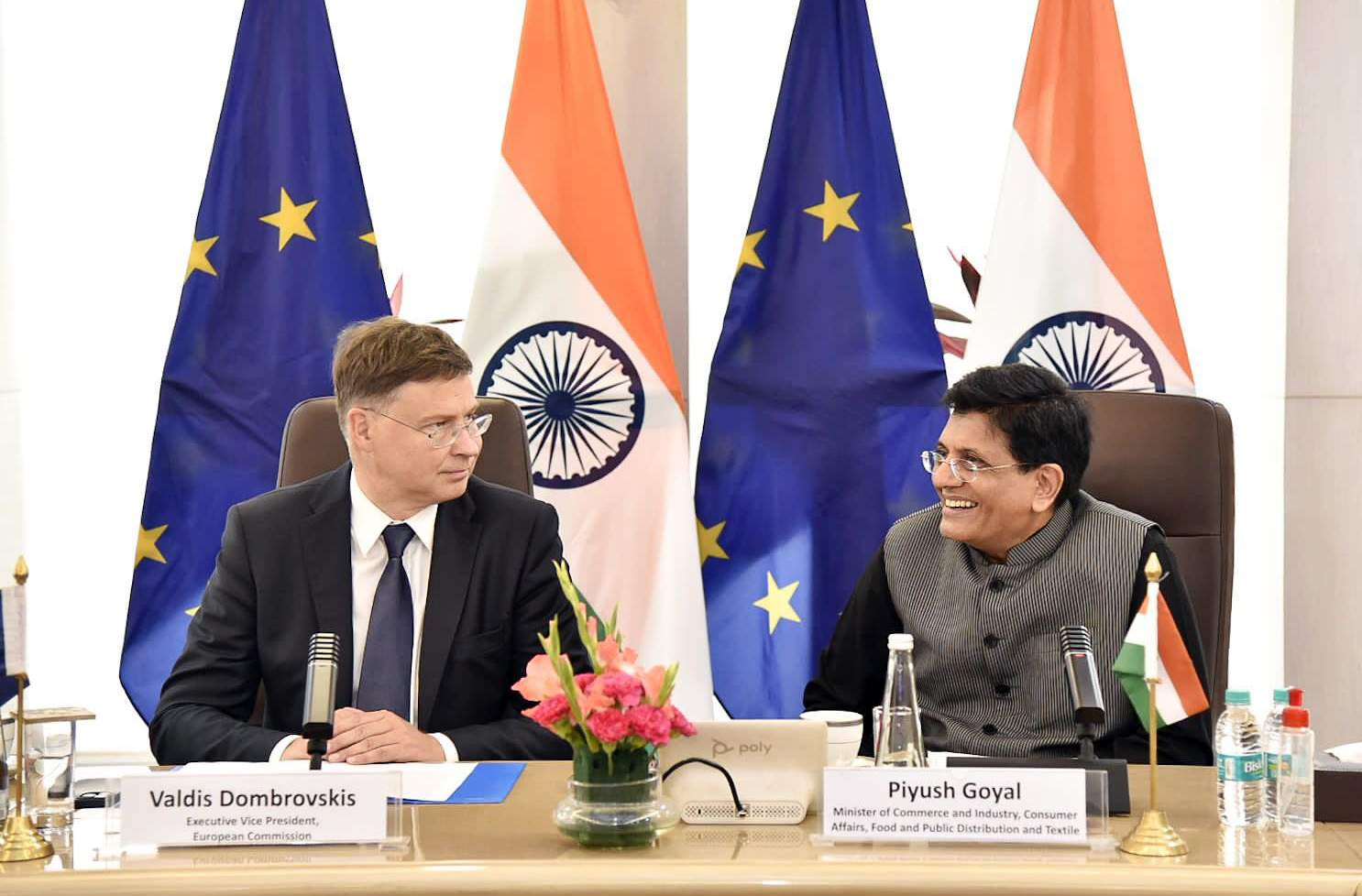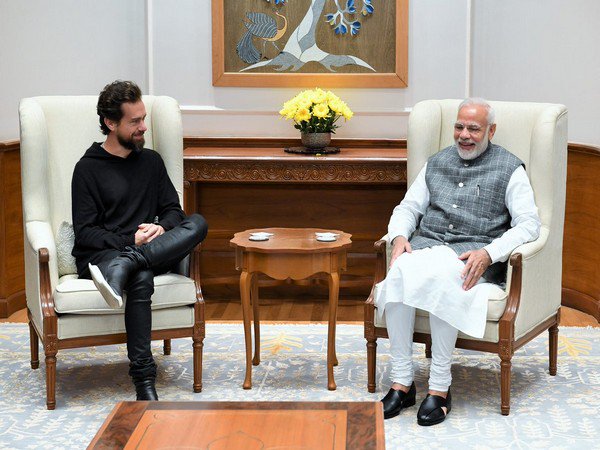Negotiations on the trade agreement between India and the EU were officially launched in January 2008, but in 2013 talks were put on hold and again resumed in June 2022
Our Bureau
New Delhi
Commerce and Industry minister Piyush Goyal on Wednesday said the proposed free trade agreements with the European Union and four-nation EFTA group are doable, but they should keep in mind India’s concerns as the level of economic development is different. Addressing CII’s India-Nordic Baltic Business Conclave here, he said the European Union (EU) and European Free Trade Association (EFTA) countries need to understand certain “very important and significant” differences between the two set of regions.
“We are in active dialogue with the EU and EFTA for a free trade agreement… I do believe that both of these are eminently doable and will significantly help us expand our engagement not only in trade in goods services, but also in investments, technology, tourism, innovation, and clean energy,” Goyal said.
The Nordic Region nations include Denmark, Norway, Sweden, Finland, and Iceland, Faroe Islands, and Greenland, while Baltic states include Estonia, Latvia, and Lithuania. India and EFTA states — Iceland, Liechtenstein, Norway, and Switzerland — are negotiating a Trade and Economic Partnership Agreement (TEPA) with a view to boost economic ties between the two regions.
Negotiations on the agreement were officially launched in January 2008. A total of 13 rounds of negotiations were held until autumn 2013 before the talks were put on hold. After talks resumed in October 2016, a number of rounds have taken place.
Similarly, negotiations on the trade agreement between India and the EU were officially launched in January 2008, but in 2013 talks were put on hold and again resumed in June 2022.
Goyal said Nordic and Baltic nations can act as India’s ambassadors in the EU and the EFTA to help them understand certain very important and significant differences between the two set of regions engaging with each other.
“Unless this is understood by the member countries of the EU and the EFTA, it will be very difficult to look at really concluding a high quality but fair, balanced, and equitable arrangement between them,” he added.
Explaining further, the minister said India has to look at 1.4 billion population, their future, jobs, work opportunities, and needs for better quality of life. “We have a low per capita income base of about USD 2,500 compared to your countries with small population and per capita income of USD 60,000-USD 70,000,” Goyal said.
Meanwhile, European Union (EU) Ambassador to India Herve Delphin on Thursday emphasized that there has been “enormous momentum in the EU-India relationship” over the last few years. He also said that investing in the development of smart cities is also a good investment for bilateral relations.
“I think what we’ve seen is that there is enormous momentum in the EU-India relationship that has been over the last years. The fact that India’s growth of 65 per cent of its GDP is concentrated in urban centers, shows that as we grow and develop our relationship, investing in the development of smart cities is also a good investment for bilateral relations. And this is also the reason why we are focusing on this sector…,” Delphin said.
He said that the EU-India relationship has been on an ascending trajectory which is doubling down in terms of funding to empower Indian smart cities to be able to grow and become more sustainable.
Further stating, that “substance matters more than timing” in urban spaces, the EU envoy said that this is one of the most comprehensive state-of-the-art features that are being negotiated between India and the EU, adding, “For both sides, it’s unique in terms of comprehensiveness and that is the reason why negotiations are picking up in terms of intensity…”
“So, I am not worried about the timing; I am laser-focused on the content and the quality of the negotiation,” he stressed.
The India-Europe partnership is very much focused on urban spaces. The EU envoy added that the EU has been investing, over the years, 4 billion euros in the development of metros and inclusive, smart, clean, green, and more sustainable urban environments.
The EU Ambassador said that the ideal projection will be a project that makes a difference in people’s ordinary lives that reduces “health hazards, reduces environmental hazards and actually generates economic opportunities.”


























